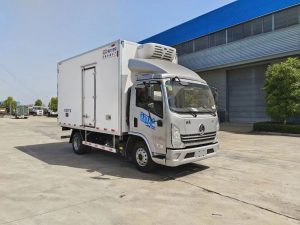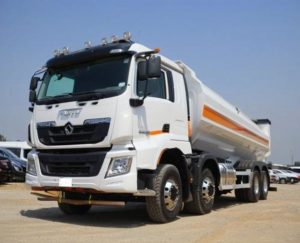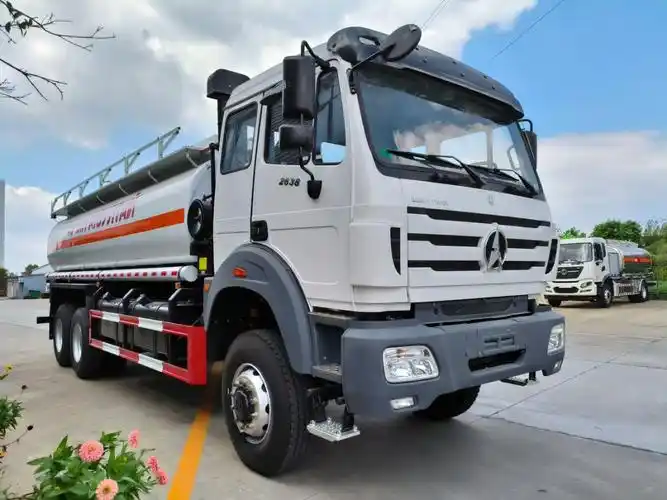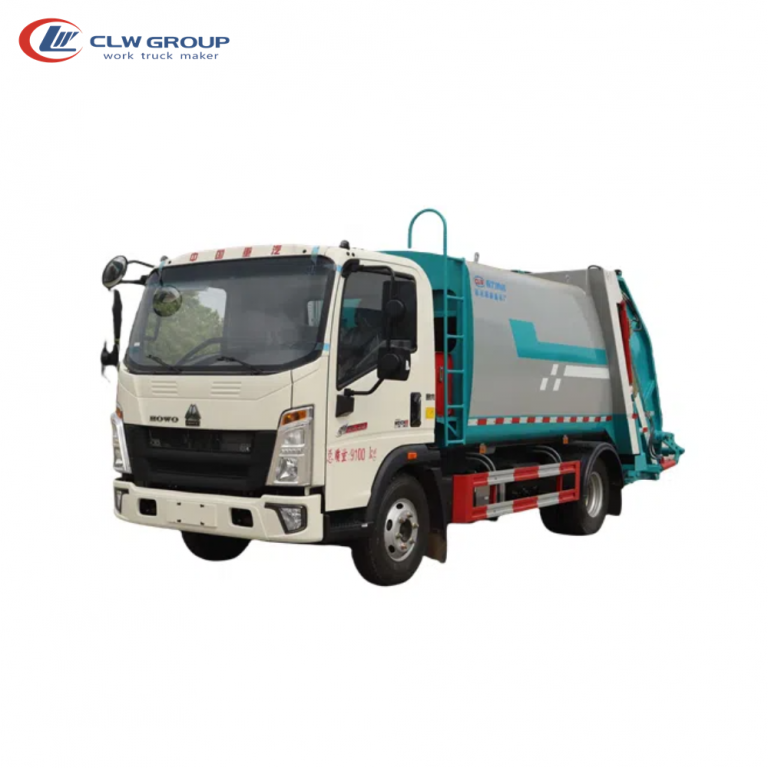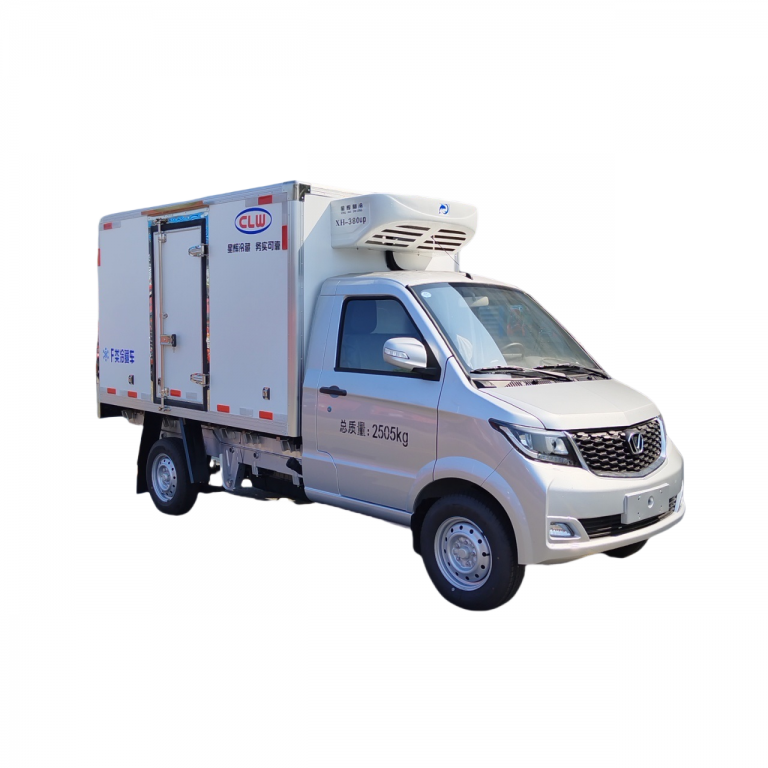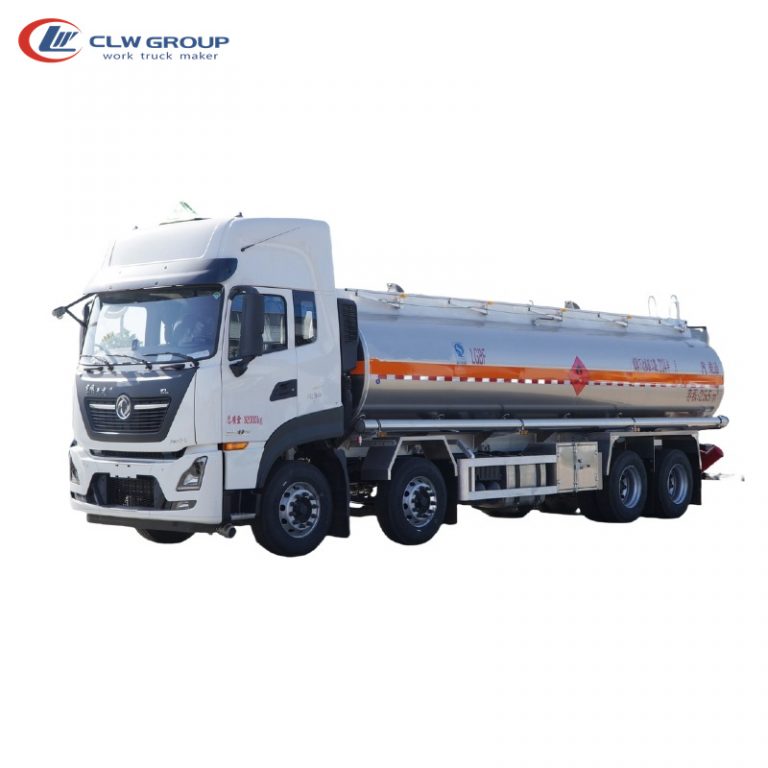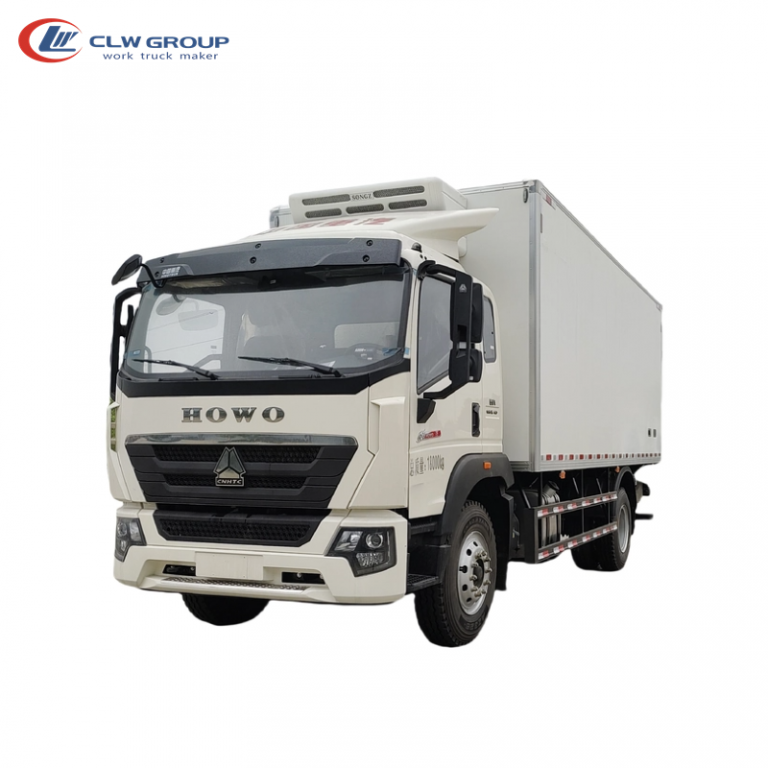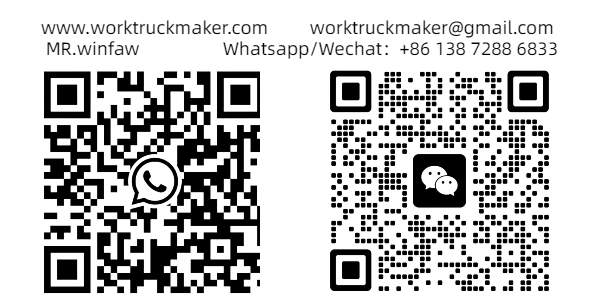Table of Contents
ToggleIntroduction
Have you ever found yourself needing to transport large quantities of liquids? Maybe you’re in the construction business, run a farm, or operate a fuel distribution service. Whatever the case may be, tanker trucks are indispensable for various industries. They offer a reliable way to move liquids efficiently and safely. In this guide, we’ll dive deep into everything you need to know about finding the perfect tanker truck for sale.
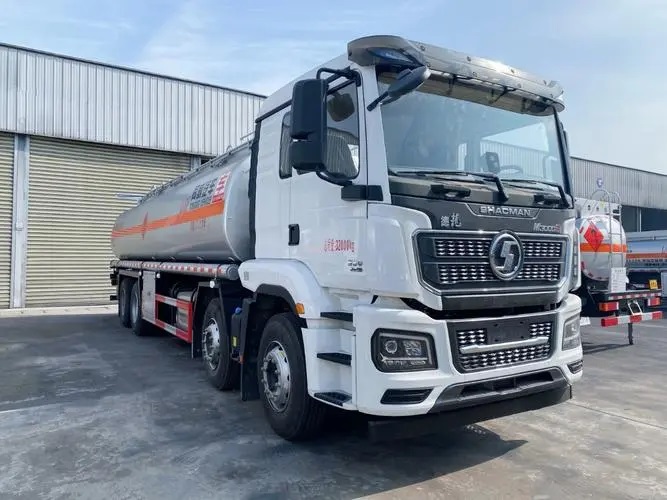
Why You Might Need a Tanker Truck
First things first, let’s address why you might need a tanker truck. Understanding your specific needs will help you make an informed decision.
Construction and Landscaping
If you’re in the construction or landscaping business, water tanker trucks are crucial for dust suppression, soil compaction, and even mixing concrete. Imagine trying to manage a large construction site without a reliable water source—it would be chaotic at best.
Agriculture
Farmers often need to transport water, liquid fertilizers, or pesticides. A tanker truck can make these tasks much easier and more efficient. Picture yourself having to water an entire field with just a hose; it would be impractical and time-consuming.
Fuel Distribution
For those in the fuel distribution industry, fuel tanker trucks are a must. They allow you to deliver gasoline, diesel, or other fuels to gas stations or directly to customers. Think of them as mobile fuel stations that keep businesses running smoothly.
Emergency Services
In emergency situations like natural disasters, water tanker trucks can be lifesavers. They can transport potable water to affected areas or be used in firefighting efforts. It’s like having a giant water bottle on wheels that can go wherever it’s needed most.
Types of Tanker Trucks
So, you’re on the hunt for a tanker truck, but did you know there are different types tailored for specific uses? Let’s break it down:
Fuel Tanker Trucks
These are your go-to vehicles for transporting gasoline, diesel, or other types of fuel. They come equipped with safety features like anti-static grounding systems to prevent accidental fires. Imagine the risk of transporting fuel without these specialized features—it would be like playing with fire, literally.
Water Tanker Trucks
Ideal for transporting potable or non-potable water, these trucks are often used in construction, agriculture, and emergency relief operations. Think of them as the Swiss Army knives of the tanker world, versatile and essential in various scenarios.
Chemical Tanker Trucks
If you’re in the business of transporting hazardous chemicals, these specialized trucks are designed to handle corrosive or flammable substances safely. They come with reinforced tanks and advanced safety systems. Picture them as armored vehicles for dangerous liquids.
Food-Grade Tanker Trucks
These are used to transport edible liquids like milk, juice, and cooking oils. Made from stainless steel, they ensure that the transported goods remain uncontaminated. It’s like having a giant thermos that keeps your liquids safe and clean.
Key Features to Look for in a Tanker Truck
Now that you know the types, what should you look for in a tanker truck? Here are some key features to consider:
Capacity
The first thing you’ll want to think about is how much liquid you need to transport. Tanker trucks come in various sizes, so make sure you pick one that meets your needs without being overkill. Imagine buying a truck that’s too small; you’d end up making multiple trips, wasting time and fuel.
Material and Build Quality
From aluminum to stainless steel, the material of the tanker plays a crucial role in durability and safety. Choose a build that suits the type of liquid you’ll be transporting. For example, stainless steel is ideal for food-grade tankers because it doesn’t react with edible liquids.
Safety Features
Safety should never be compromised. Look for trucks with built-in safety mechanisms like spill containment systems, emergency shut-off valves, and anti-static devices. These features are not just nice-to-haves; they are essential for preventing accidents and ensuring safe transportation.
Customization Options
Some businesses require specialized equipment. Check if the manufacturer offers customization options to tailor the tanker truck to your specific needs. Whether it’s adding extra compartments or installing advanced monitoring systems, customization can make your truck more efficient and suited to your operations.
Where to Find Tanker Trucks for Sale
So where do you actually find these bad boys? Let’s explore some popular avenues:
Online Marketplaces
Websites like eBay Motors, TruckPaper, and Commercial Truck Trader have extensive listings of new and used tanker trucks. These platforms offer filters that allow you to search by type, price range, and location, making it easier to find what you’re looking for.
Dealerships
Traditional dealerships often have a selection of both new and used trucks. The benefit here is that you can physically inspect the vehicle before making a purchase. It’s like going to a car dealership; you get to kick the tires and take it for a test drive.
Auctions
Sites like Ritchie Bros. Auctioneers hold regular auctions where you can find great deals on used tanker trucks. Auctions can be a bit of a gamble but can also yield significant savings if you’re lucky.
Manufacturer Websites
Sometimes going straight to the source is your best bet. Manufacturers often list their latest models and any available promotions. This option can give you peace of mind knowing you’re getting a brand-new truck with all the latest features.
Evaluating Used Tanker Trucks
Buying used can save you a ton of money, but it comes with its own set of challenges. Here’s what to look out for:
Inspecting the Exterior and Interior
Look for signs of wear and tear such as rust or dents. Inside, check the condition of the tank and any installed equipment. A well-maintained exterior often indicates that the previous owner took good care of the vehicle overall.
Checking the Engine and Mechanical Parts
A thorough inspection of the engine and other mechanical parts can save you from costly repairs down the line. Don’t hesitate to bring along a trusted mechanic. Think of it as getting a health check-up; better safe than sorry.
Reviewing Maintenance Records
A well-documented maintenance history can provide insight into how well the truck has been cared for. It’s like getting a report card on its health. Consistent maintenance records usually mean fewer surprises down the road.
Cost Considerations
Money matters, right? Let’s break down the cost factors:
New vs. Used Tanker Trucks
New trucks come with warranties but at a higher price point. Used trucks are cheaper but might require more immediate maintenance. It’s a trade-off between peace of mind and initial cost savings.
Financing Options
From loans to leasing options, there are various ways to finance your purchase. Compare interest rates and terms to find the best deal. Some dealers offer financing plans that can make it easier to manage payments over time.
Operating Costs
Don’t forget about ongoing expenses like fuel, maintenance, and insurance. These can add up quickly. Factor these costs into your budget to avoid any financial surprises down the line.

Legal and Regulatory Requirements
Owning a tanker truck isn’t just about buying it; you have to comply with various laws and regulations. Let’s dive into what you need to know:
Licensing and Permits
Before you hit the road, make sure you have all the necessary licenses and permits for operating a tanker truck in your region. This can include commercial driver’s licenses (CDLs) and specific endorsements for transporting hazardous materials. It’s like getting a passport for your truck; without it, you’re not going anywhere.
Safety Regulations
Adhering to safety regulations is non-negotiable. This includes regular inspections and adhering to weight limits. Non-compliance can result in hefty fines and even the suspension of your operating license. Think of these regulations as the rulebook for keeping everyone safe on the road.
Environmental Considerations
Transporting hazardous materials? You’ll need to follow strict environmental guidelines to avoid hefty fines. This includes proper containment and disposal methods to prevent spills and contamination. It’s like being a responsible pet owner; you have to clean up after your “pet” to keep the environment safe.
Benefits of Owning a Tanker Truck
Why should you consider owning one? Here are some compelling reasons:
Flexibility and Control
Having your own tanker truck gives you more control over schedules and operations, reducing reliance on third-party services. Imagine being able to make deliveries or transport materials on your own timeline without waiting for someone else’s schedule to clear up.
Cost Efficiency
In the long run, owning can be more cost-effective than renting, especially if you frequently need tanker services. Think of it like buying a house instead of renting an apartment; the upfront costs are higher, but over time, you save money.
Business Opportunities
Owning a tanker truck can open up new revenue streams, from offering transportation services to renting it out when not in use. It’s like having a Swiss Army knife for your business—versatile and capable of generating multiple income streams.
Maintenance Tips for Longevity
Keep your investment running smoothly with these tips:
Regular Inspections
Regular check-ups can catch minor issues before they become major problems. Think of it like going to the dentist; regular visits can prevent painful and expensive problems down the line.
Proper Cleaning Techniques
Cleaning isn’t just about looks; it’s crucial for maintaining the integrity of the tank, especially when transporting food-grade or chemical liquids. Proper cleaning techniques can prevent contamination and corrosion, ensuring that your tanker remains in top condition.
Scheduled Servicing
Stick to a servicing schedule recommended by the manufacturer to ensure longevity. This includes oil changes, filter replacements, and other routine maintenance tasks. Think of it like following a workout routine; consistency is key to staying in good shape.
Additional Considerations
Let’s touch on some additional factors that might influence your decision-making process:
Technological Advancements
Modern tanker trucks come equipped with advanced technology like GPS tracking, automated safety systems, and even remote monitoring capabilities. These features can enhance operational efficiency and safety, making your job easier and more effective.
Resale Value
If you plan on upgrading or selling your tanker truck in the future, consider its resale value. Brands known for durability and reliability tend to retain their value better. It’s like buying a luxury car; certain brands just hold their value longer.
Training and Certification
Ensure that your drivers are properly trained and certified to operate the tanker truck safely. Investing in training programs can reduce the risk of accidents and improve overall operational efficiency. Think of it as investing in education; the returns are invaluable.
Industry Trends
Keeping an eye on industry trends can help you make informed decisions:
Eco-Friendly Options
With increasing environmental concerns, there is a growing trend towards eco-friendly tanker trucks that use alternative fuels or have lower emissions. Investing in such options can not only benefit the environment but also attract eco-conscious clients.
Automation and AI
The integration of automation and AI in tanker trucks is revolutionizing the industry. From automated driving features to AI-driven route optimization, these advancements can significantly improve efficiency and safety.
Case Studies
Let’s look at some real-world examples to give you a better understanding:
Successful Business Models
Companies like XYZ Logistics have successfully integrated tanker trucks into their operations, leading to increased efficiency and profitability. They invested in high-quality trucks, trained their staff thoroughly, and followed a rigorous maintenance schedule.
Challenges Faced
On the flip side, businesses that neglected maintenance or failed to comply with regulations faced significant setbacks, including hefty fines and operational disruptions. These examples serve as cautionary tales, emphasizing the importance of diligence and compliance.
Conclusion
There you have it—a comprehensive guide to finding the perfect tanker truck for sale. From understanding the types available to evaluating used options and considering legal requirements, we’ve covered all bases. So why wait? Start your search today and make an informed decision that will benefit your business for years to come.
Whether you’re transporting water for construction, fuel for gas stations, or even hazardous chemicals, having the right tanker truck can make all the difference. Remember, it’s not just about buying a vehicle; it’s about investing in a tool that will help you achieve your business goals efficiently and safely.
By following this guide, you’ll be well-equipped to navigate the complexities of purchasing a tanker truck. Happy trucking!

